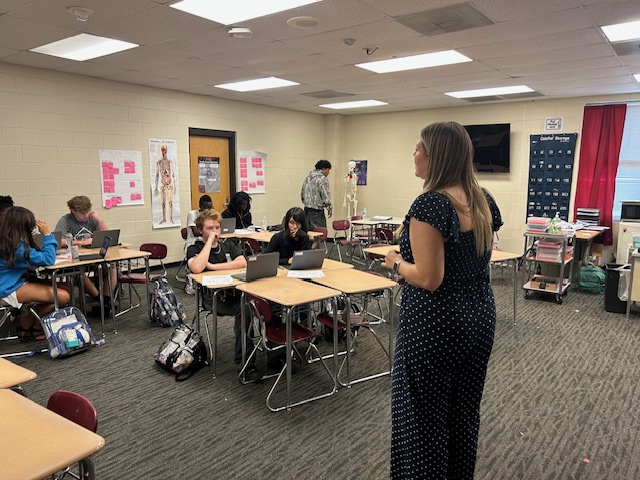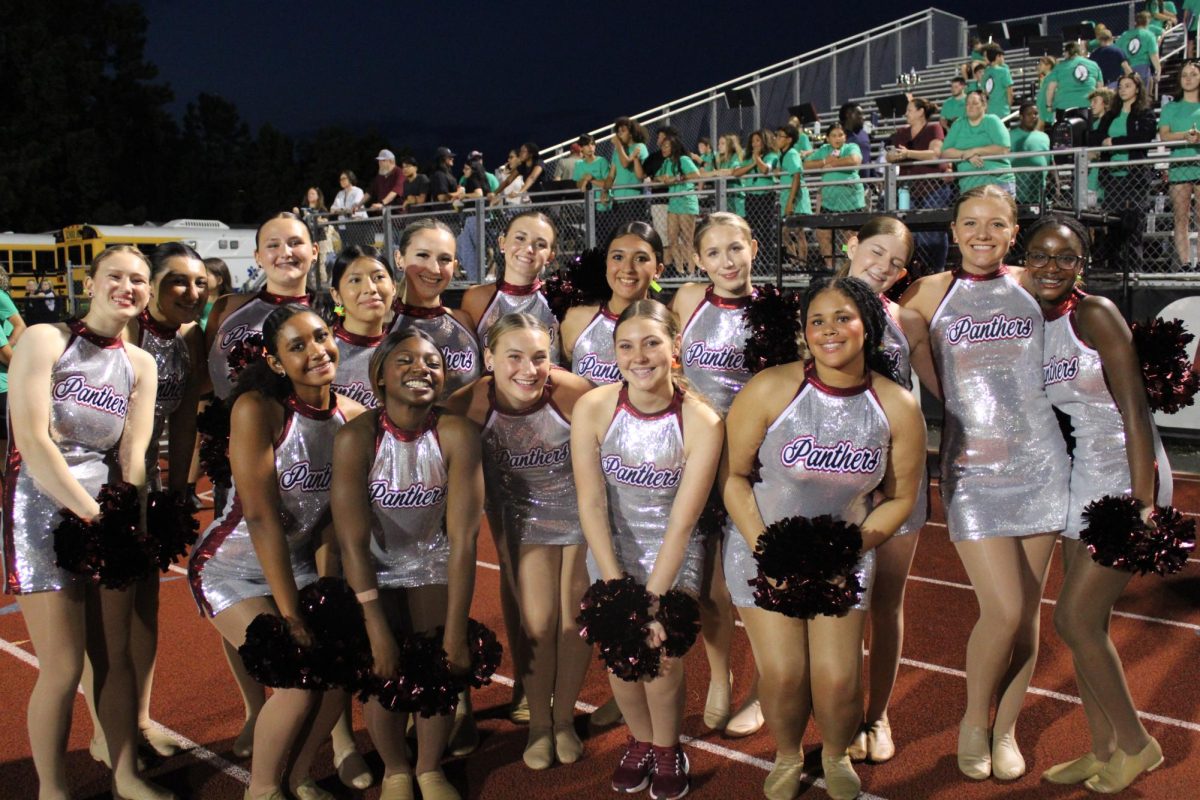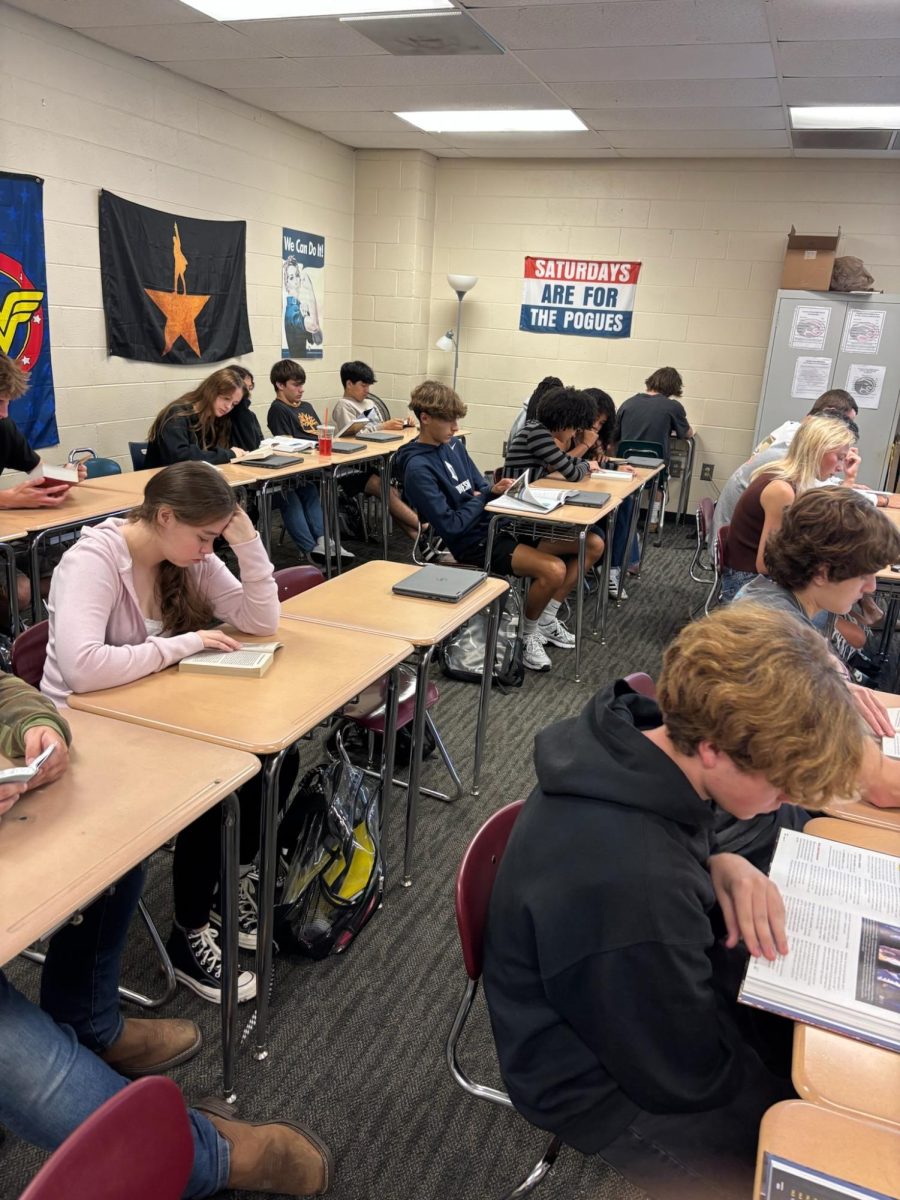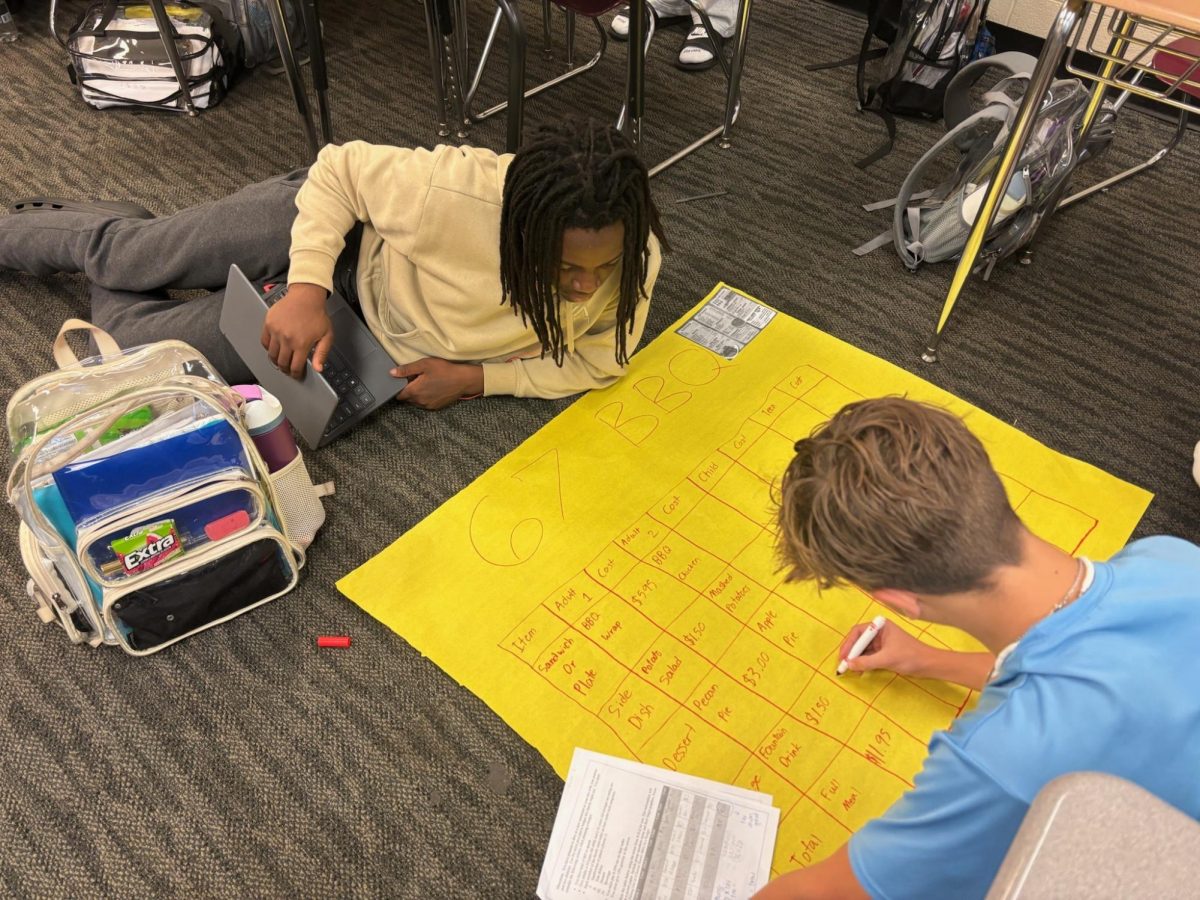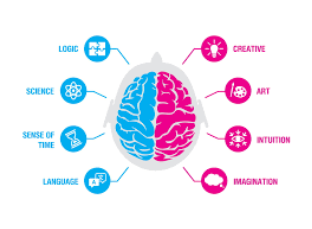Literacy is defined as the ability to read and write. However, it goes way beyond that. Literacy includes the ability to communicate, oral proficiency, and listening skills. It is also the strongest predictor of long-term academic success. Therefore, literacy sets students up for success in their lives.
Since 2013 western countries have experienced a fall in literacy rates. In the U.S. specifically, seniors in high school have shown a drop of three points in reading tests from 2019 on a 500-point scale, according to edweek.org. For the past 12 years, all but the highest percentiles have had declines in scores.
Literacy difficulties can limit future paths and self-expression in writing. Classes like English and social studies depend on literacy as reading comprehension is a necessity for the content. Classes like mathematics and sciences also have a reliance on literacy as well, especially now that real-world problems in these classes are becoming more prominent. Not only is it important to those classes, it is also crucial for critical thinking skills.
Alexis McNabb, an English teacher at CFHS, has thoroughly enjoyed her experience teaching but has noticed a change in students over the years.
“I have only been teaching for about four years now and even in that short amount of time, the number of students who struggle to comprehend a text has significantly grown, even within my own honors classes.”
Literacy doesn’t just affect students in the classroom. It affects them outside of school, too. Students who perform well with literacy on average earn 16% more than those with lower proficiency along with a 8-10% increase in hourly rates, according to theeducationhub.org.nz. Those with higher literacy ability have also shown to live longer and happier lives.
Literacy skills instill confidence and independence in students. Literacy has gone unnoticed as an issue for years, but Horry County has taken note of this. It is imperative that this issue receives the attention and action it deserves.
Marceil Turner, another English teacher at CFHS, has noticed an issue with her students, too.
“While they are exposed to more information than ever before, they need more help learning to think critically about what they read.”
With how much information is available to students, they have abused the internet. Some students use the internet as a way to slack off on assignments when really the internet should be used as a tool to excel.
It is not just the students who are at fault. While things like higher absence rates and social media have caused the decline, there are other factors to be considered, such as the lack of reading and writing at home and the occasional outdated curriculum and educational trends. Teachers should set high expectations for their students and utilize proper tools to read successfully.
HCS Superintendent Clifford Jones is advocating the importance of literacy this school year. Currently, about 70% of students are reading at or above their reading level. His plan is to have 95% of students be reading on grade level by 2030.
“We must embrace the Science of Reading, equip our teachers with proven tools, and hold high expectations for every student,” shared Jones.
As a way to build literacy, the Superintendent Reading Challenge was created. Superintendent Jones has a goal for each student to read 1,000 pages per quarter. The benefits of this are exponential. It builds vocabulary, enhances comprehension skills, increases reading fluency, and provides motivation and engagement in students.
Literacy is an extremely important skill in life. However, students all over the country continue to struggle with meeting grade level expectations. #RiseWithReading will help students to become more efficient in things like fluency, and reading comprehension. This will ultimately help students succeed in their lives post-graduation.


